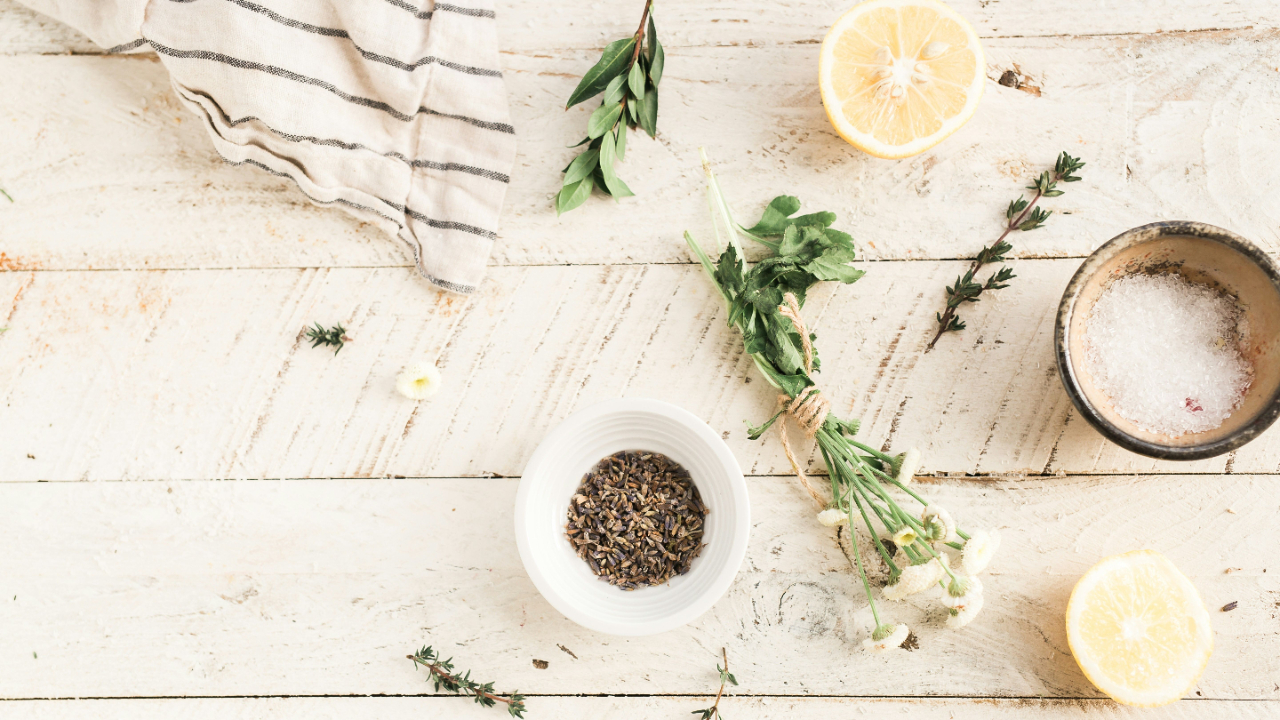Understanding Holistic Wellness: Beyond Buzzwords
Apr 28, 2025
In recent years, terms like “wellness” and “well-being” have become increasingly popular, often sprinkled into conversations, advertisements, and social media posts. While many of us are familiar with these words, their true meaning can sometimes feel elusive, especially as they’re often reduced to superficial interpretations. So, what does holistic wellness really mean, and how can we integrate it into our lives?
Breaking Down Wellness vs. Well-Being
Wellness can be seen as a collection of tools, practices, and habits we use throughout our lives to foster well-being. In contrast, well-being is the outcome—a state in which we feel balanced, healthy, and fulfilled. It’s important to recognize that these concepts are deeply interconnected but distinct.
Too often, well-being is thought of as purely a “neck-up” concept, focusing on mental exercises like journaling or mindfulness. On the other hand, the wellness industry frequently emphasizes the physical aspect, promoting activities like yoga, massages, or workouts. But these perspectives only capture parts of the whole.
Holistic well-being acknowledges that we are integrated beings. Our minds, bodies, and emotions operate in constant feedback loops. For example, your mental state can influence your nervous system, your gut health can affect your mood, and your emotional well-being can be shaped by your physical health. Understanding and respecting this intricate interplay is key to achieving holistic wellness.
What is Holistic Self-Care?
Holistic self-care is about addressing the complete system of your well-being: physical, mental, emotional, spiritual, and even social. It requires us to go beyond compartmentalizing our health into categories like “mental wellness” or “physical fitness” and instead view ourselves as whole, interconnected systems within broader social and environmental contexts.
Unfortunately, the wellness industry and influencer culture have diluted the meaning of self-care. From luxury retreats in Bali to expensive skincare products, self-care has often been monetized and marketed as something you need to buy. While these activities can be enjoyable, they’re not the foundation of true self-care.
True self-care isn’t about indulgence; it’s about meeting your foundational human needs. A good night’s sleep, nutritious food, movement, and emotional balance are the pillars of self-care. These practices are accessible, and many of them are free or low-cost.
Accessible Practices for Holistic Wellness
Let’s explore some simple yet impactful habits that can help foster holistic wellness:
- Move Your Body Daily: Engage in at least 20 minutes of moderate cardiovascular activity, like brisk walking. This improves your serotonin sensitivity, enhances endorphin release, and supports better sleep.
- Eat Nutritious Meals: Focus on balanced, consistent meals with a variety of vegetables, proteins, and healthy fats. Yet, statistics show that less than 10% of Americans consume enough vegetables weekly. Addressing this can make a huge difference in overall health.
- Prioritize Sleep: Quality sleep is essential for mental clarity, emotional regulation, and physical recovery. Make it a non-negotiable part of your routine.
- Soothe Your Nervous System: Learn techniques like deep breathing, progressive muscle relaxation, or meditation to calm your body and mind.
- Limit Harmful Substances: Avoid excessive use of alcohol, nicotine, and other substances that can disrupt your body’s balance.
Despite the simplicity of these habits, research shows that only about 5% of adults consistently practice them all. Yet these foundational actions create the physical and emotional stability needed for deeper aspects of self-care and spiritual well-being.
The Spiritual Dimension of Self-Care
Caring for yourself is not just a physical or emotional act—it can also be a spiritual one. When we prioritize our well-being, we honor the “vehicle” that carries our consciousness through the world. Whether you view this as nurturing your soul, spirit, or simply your inner self, treating self-care as a sacred practice elevates its meaning and impact.
Holistic wellness invites us to see self-care as a way to align our inner and outer worlds, fostering balance across all areas of our lives. By taking care of ourselves, we not only thrive as individuals but also create the capacity to contribute positively to the world around us.
Final Thoughts
While wellness trends may come and go, the essence of holistic well-being remains timeless: it’s about respecting the interconnectedness of our mind, body, and spirit. Start with the basics, embrace small, consistent habits, and view self-care as a way to nurture your entire being. When we approach well-being with this mindset, we unlock the potential to truly thrive.
Ready to take the first step toward holistic well-being? Start your journey with Darlene’s course, Holistic Self-Care.


